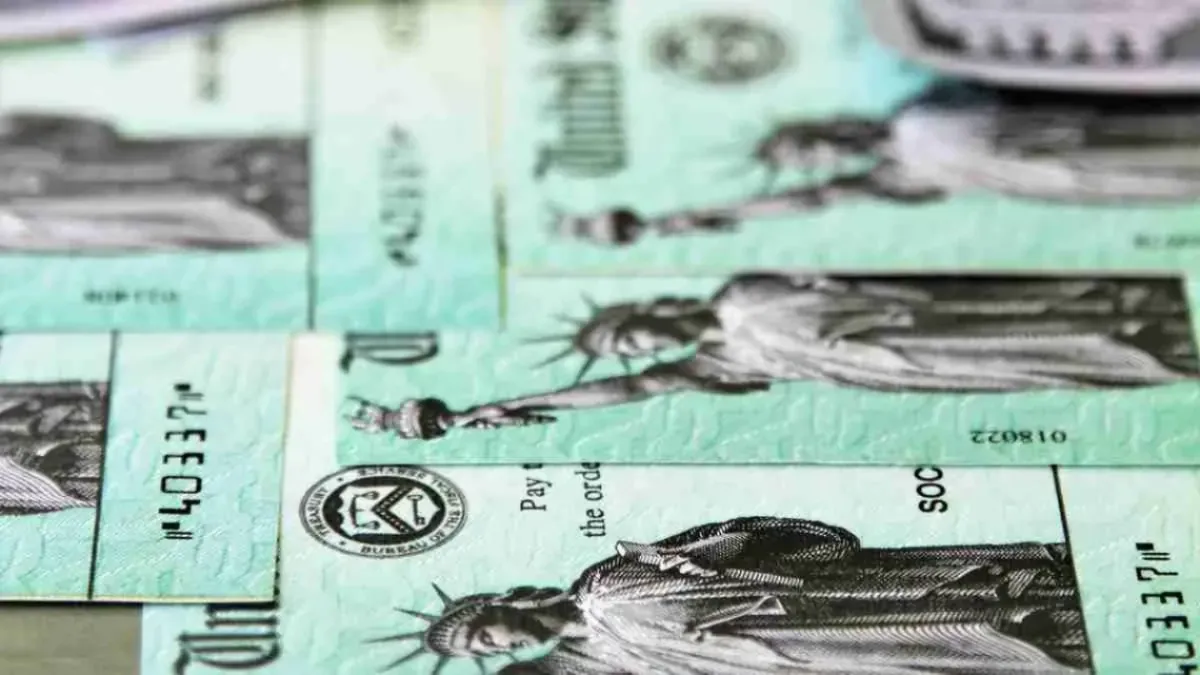As the holiday season approaches, Social Security recipients are advised to review the November payment schedule to stay on track with their finances. This month includes a unique arrangement for SSI beneficiaries, who will receive an early second payment due to calendar adjustments, as well as other key payment dates for retirement and SSDI recipients. Here’s a breakdown of the upcoming Social Security schedule, program distinctions, and tips for handling delayed payments.
November Payment Dates for Social Security Recipients
This Article Includes
- 1 November Payment Dates for Social Security Recipients
- 2 Double SSI Payments in November
- 3 Overview of SSA Programs: Understanding SSI, SSDI, and Retirement Benefits
- 4 Looking Forward: 2025 COLA Increase
- 5 What to Do if Your Social Security Payment Is Missing
- 6 Financial Planning for Social Security Recipients This Holiday Season
The Social Security Administration (SSA) follows a structured schedule for monthly payments, with specific dates set based on either the recipient’s date of birth or when they began receiving benefits. The payment dates for November are as follows:
- SSI Beneficiaries: A regular SSI payment was issued on November 1, with an additional payment scheduled for November 29 to account for December’s benefits. This advance is due to December 1 falling on a weekend, allowing beneficiaries to receive funds early.
- Recipients with birthdays from the 1st to the 10th: Payment will be made on November 13 (the second Wednesday of the month).
- Recipients with Birthdays from the 11th to the 20th: Payment is scheduled for November 20 (third Wednesday).
- Recipients with Birthdays from the 21st to the 31st: Payment is set for November 27 (fourth Wednesday).
Beneficiaries who began receiving payments before May 1997 continue to receive their Social Security payments on the 1st of each month.
Double SSI Payments in November
SSI beneficiaries should note they will receive two payments in November, with the second arriving on November 29. This advance payment serves as December’s SSI distribution, a shift implemented because December 1 falls on a weekend. While this arrangement provides extra funds before the end of the year, SSI recipients should plan accordingly, as no further payment will arrive in December.
Overview of SSA Programs: Understanding SSI, SSDI, and Retirement Benefits
The SSA administers various programs to provide financial support to those with different needs and circumstances. Here’s a quick look at the primary programs and their eligibility criteria:
- Supplemental Security Income (SSI): This needs-based program supports individuals over 65, or those who are blind or disabled, with limited income and resources. Payments are made on the 1st of each month but are sometimes adjusted for weekends or holidays.
- Social Security Disability Insurance (SSDI): SSDI assists individuals unable to work due to a qualifying disability, provided they have a sufficient work history and have paid into Social Security. Unlike SSI, SSDI eligibility is not based on income but on work credits earned over time.
- Social Security Retirement Benefits: These benefits are for individuals who have worked and paid into the Social Security system, with payments based on accumulated work credits. Recipients’ monthly amounts vary depending on their contributions and chosen retirement age, with more earned credits leading to higher monthly payments.
Looking Forward: 2025 COLA Increase
For 2025, Social Security beneficiaries can expect a 2.5% Cost of Living Adjustment (COLA), a moderate increase compared to recent years. The adjustment reflects the decline in inflation, following a 3.2% increase in 2024 and a significant 8.7% increase in 2023. This annual COLA is intended to help recipients keep up with rising living costs, though the smaller 2025 increase underscores the importance of budgeting carefully for anticipated expenses.
What to Do if Your Social Security Payment Is Missing
Beneficiaries who don’t receive an expected payment should first check with their financial institution, as delays can sometimes occur in processing deposits. If the payment is still missing after checking with the bank, recipients should contact the SSA at 1-800-772-1213 (TTY 1-800-325-0778). Assistance is also available at local SSA offices for reporting and resolving any issues with payment delays.
Financial Planning for Social Security Recipients This Holiday Season
With the holiday season in full swing, understanding the November Social Security payment schedule can help recipients plan for year-end expenses. The advanced SSI payment on November 29 is an opportunity for early budgeting, as no SSI payment will arrive in December. As the new year approaches, recipients are encouraged to stay updated on SSA announcements, particularly regarding COLA changes and any policy updates that may affect their benefits.

